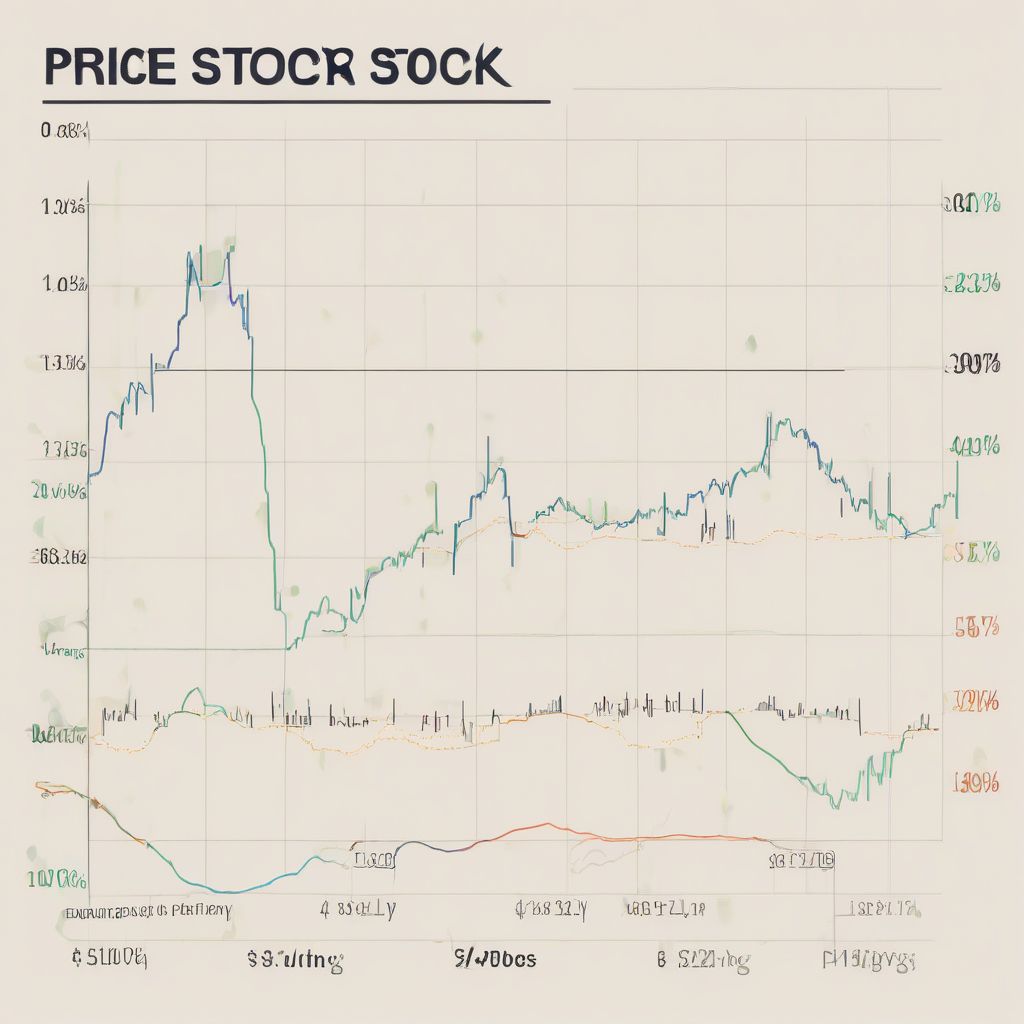Should You Form an LLC for Trading Stocks?
Imagine this: you’ve been diligently researching the stock market, honing your trading skills, and are finally seeing some significant returns. It’s getting serious, and you’re starting to wonder about protecting your assets and potentially gaining some tax advantages. That’s where forming an Llc For Trading Stocks comes into play. But is it the right move for you? Let’s dive into the world of LLCs, trading stocks, and how they intersect.
Understanding the Basics: LLCs and Stock Trading
What is an LLC?
LLC stands for Limited Liability Company. It’s a popular business structure that offers the limited liability protection of a corporation but with the tax benefits and simplicity of a sole proprietorship or partnership. This means your personal assets are shielded from business debts and lawsuits, providing a layer of protection for your personal finances.
What Does it Mean to Trade Stocks?
Stock trading involves buying and selling shares of publicly traded companies. You can trade stocks through online brokerage accounts, making it accessible to almost anyone. While potentially lucrative, stock trading does come with inherent risks.
The Intersection: Using an LLC for Stock Trading
Now, the big question – why would you form an LLC for trading stocks?
Liability Protection: Your Safety Net
One of the most significant benefits is the liability protection an LLC offers. If your trading activities incur substantial debt or legal issues, your personal assets (like your house, car, and savings) are generally protected. This separation of personal and business liabilities can be invaluable in unpredictable market situations.
Tax Advantages: Navigating the Financial Landscape
Depending on your individual circumstances and how you structure your LLC, you might find some tax advantages. For instance, you could potentially choose to have your LLC taxed as an S-corp, which could potentially reduce your self-employment tax burden.
trading.hoahocthcs.com/wp-content/uploads/2024/07/stock-market-chart-66a467.jpg" alt="Stock Market Chart" width="1024" height="1024">Stock Market Chart
Is an LLC Right for You? Factors to Consider
While forming an LLC for trading stocks might sound appealing, it’s essential to weigh the pros and cons carefully:
Pros:
- Limited Liability Protection: Shielding your personal assets from business risks is a primary advantage.
- Potential Tax Benefits: LLCs offer flexibility in how they are taxed, potentially leading to savings.
- Credibility and Professionalism: Operating as an LLC can lend an air of legitimacy to your trading activities.
Cons:
- Cost and Complexity: Setting up and maintaining an LLC involves paperwork, fees, and ongoing compliance requirements.
- Potential for Double Taxation: In some cases, LLC profits might be taxed twice – once at the corporate level and again on your personal tax return.
FAQs About LLCs for Trading Stocks
Can I form an LLC on my own?
Yes, you can form an LLC yourself by filing the necessary paperwork with your state. However, consulting with a legal professional or business advisor can help ensure you meet all requirements and choose the structure that’s right for you.
How is an LLC taxed for stock trading activities?
The tax implications for an LLC involved in stock trading can be complex and depend on various factors, such as how the LLC is structured and whether it’s treated as a disregarded entity, partnership, or S-corp for tax purposes. It’s crucial to consult with a tax professional to determine the most advantageous tax strategy for your specific situation.
Do I need an LLC to trade stocks?
No, you don’t need an LLC to trade stocks. You can trade stocks as an individual through a brokerage account. However, an LLC can provide liability protection and potential tax advantages for those seeking a more formal business structure.
The Bottom Line: Weigh Your Options Carefully
Ultimately, deciding whether to form an LLC for trading stocks is a personal decision based on your individual circumstances, risk tolerance, and financial goals. Carefully weigh the advantages and disadvantages, and consult with a financial advisor or tax professional to determine the best course of action for your situation. They can provide personalized guidance and help you navigate the complexities of LLC formation and stock trading regulations.
Don’t forget to share your thoughts and questions in the comments below!



